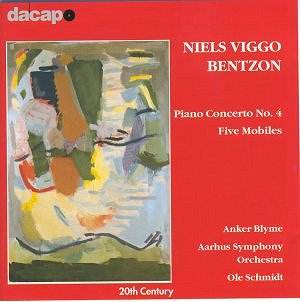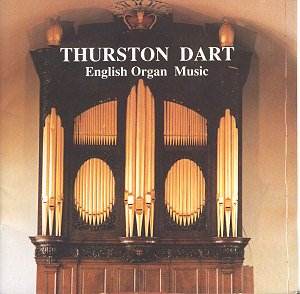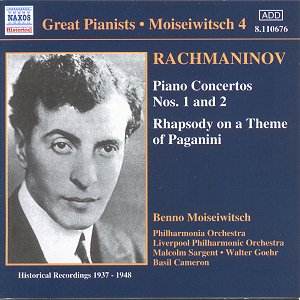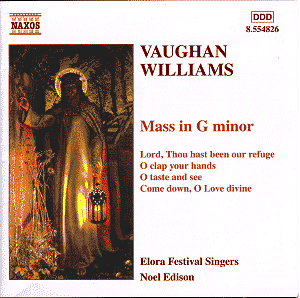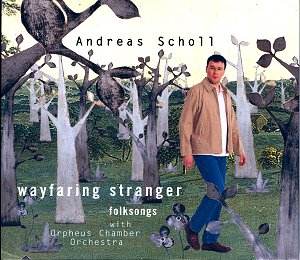 Composer: Andreas
Composer: Andreas
Works: Wayfaring Stranger – Folksongs
Performers: Andreas Scholl, countertenor; Edin Karamazov, lute; Jon Pickow, dulcimer, banjo; Stacey Shames, harp; Orpheus Chamber Orchestra
Recording: May 2001, Recital Hall, Performing Arts Center, Purchase College, Purchase, New York
Label: DECCA
Andreas Scholl’s “Wayfaring Stranger – Folksongs” represents a significant departure from his established repertoire of Baroque music, venturing into the realm of English, Irish, Scottish, and American folk traditions. This collection brings together 18 songs that resonate with themes of love, loss, and longing, which are quintessentially tied to the folk idiom. Scholl, renowned for his ethereal countertenor voice, attempts to bridge the gap between traditional folk music and contemporary classical sensibilities. The historical context of these folk songs—emerging from a period of significant migration and cultural exchange—adds layers of meaning to their interpretation, inviting both nostalgia and reflection.
Scholl’s vocal delivery remains technically impeccable, characterized by a purity of tone and a delicate vibrato that enhances the lyrical content of each piece. However, one cannot help but notice that his voice, while splendid in its own right, often feels somewhat out of place within the earthy, rugged textures of the folk tradition. For instance, in “Wild Mountain Thyme,” the yearning quality of Scholl’s voice contrasts sharply with the song’s inherent rusticity, which traditionally calls for a more robust, grounded vocal approach. The accompanying ensemble, featuring instruments such as the lute and dulcimer, adds an authentic texture, yet the overall sound often leans more towards the polished realm of Broadway than the raw emotion typically associated with folk music.
The interpretative choices throughout the album further highlight this disjunction. While Scholl’s ability to convey emotion is notable, the arrangements often tend toward a homogeneity that blurs the distinctiveness of each song. “Barbara Allen,” for instance, loses some of its tragic poignancy in Scholl’s interpretation, as the lush orchestral backdrop—crafted with a delicate touch but ultimately more genteel than gritty—detracts from the raw emotional power that is the hallmark of the original folk tradition. Additionally, the engineering captures Scholl’s voice in a way that is both clear and inviting, yet the production can feel overly polished, stripping away the rough edges that give folk music its authenticity.
Comparatively, recordings by earlier countertenors, such as Alfred Deller, who also ventured into folk realms, maintained a closer alignment with the music’s inherent character. Deller’s interpretations offered a more visceral connection to the songs’ origins, achieving a balance between technical prowess and emotional depth. Scholl’s effort, while undeniably beautiful, may alienate traditional folk enthusiasts who seek a more visceral connection to the music.
The overall experience of “Wayfaring Stranger – Folksongs” is one of beauty and technical skill, yet it ultimately raises questions about authenticity and the appropriateness of vocal style in the folk genre. While this collection may serve as an accessible entry point for those unfamiliar with classical traditions, it risks alienating Scholl’s core audience, who may find the interpretations lacking the grit and emotional resonance they expect from folk music. As a gift for someone exploring the nuances of Scholl’s artistry or seeking a gentle introduction to classical music, this disc may indeed find its place, but for those rooted firmly in the folk tradition, it may leave a lingering sense of incompleteness.
